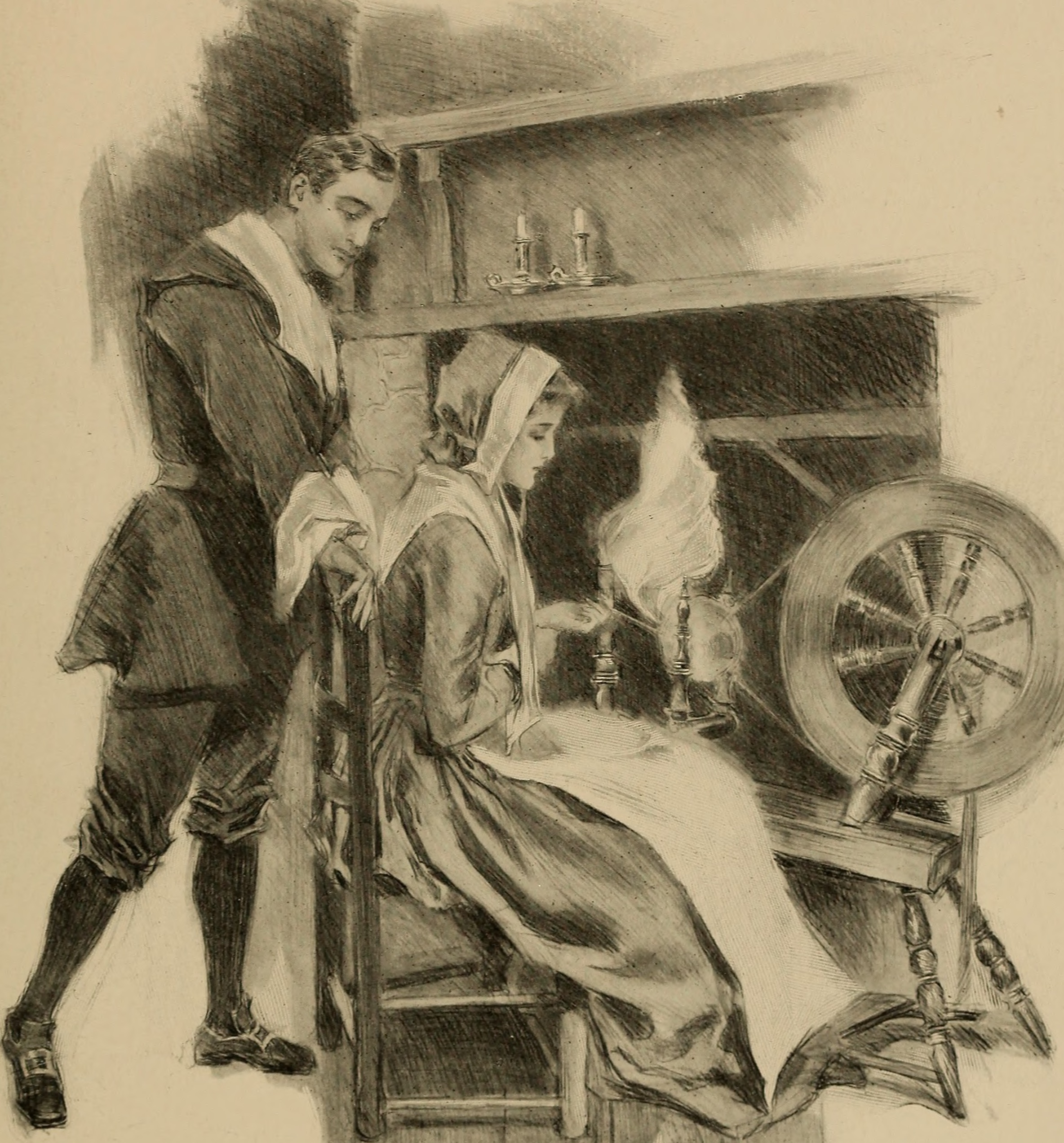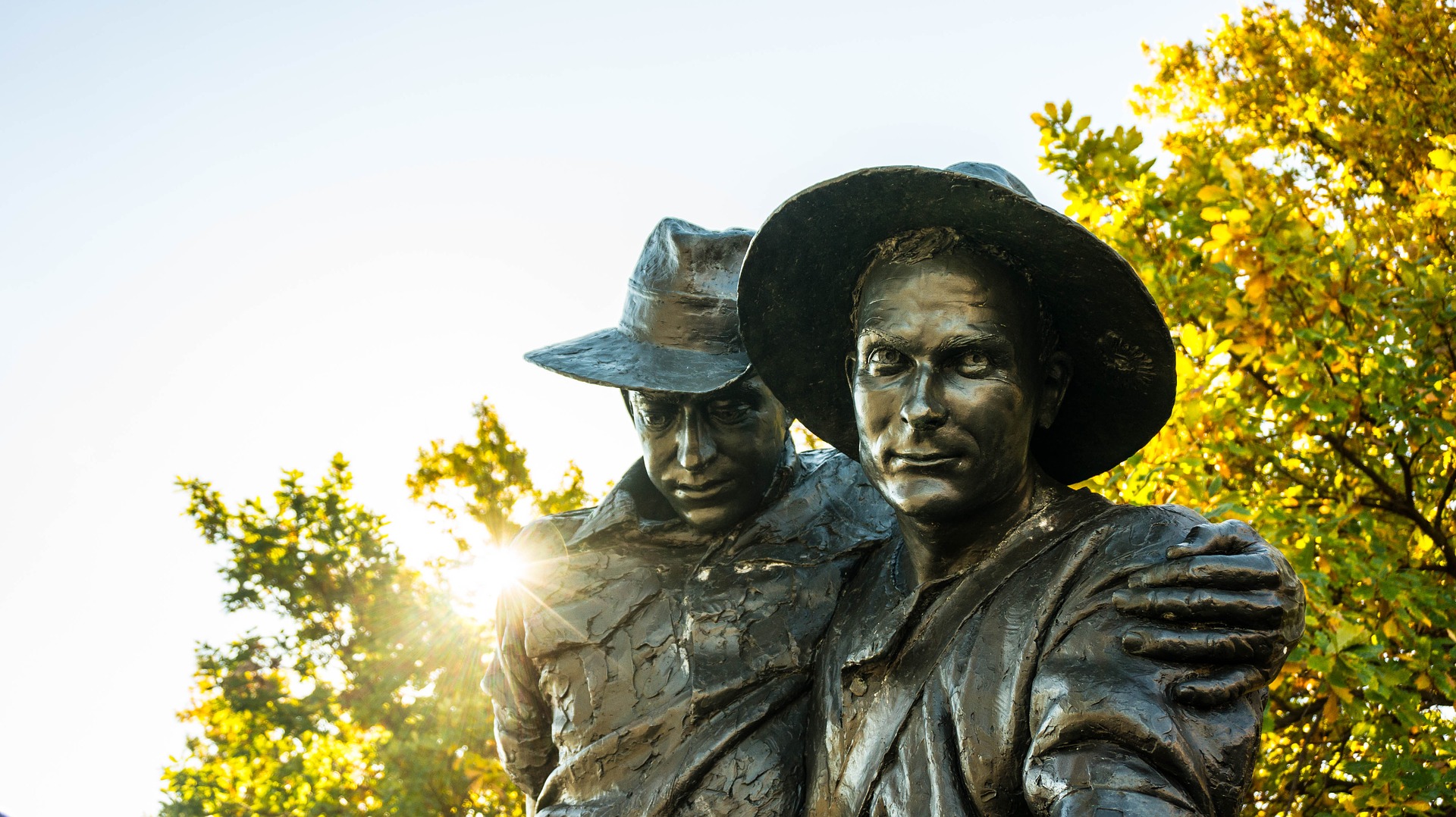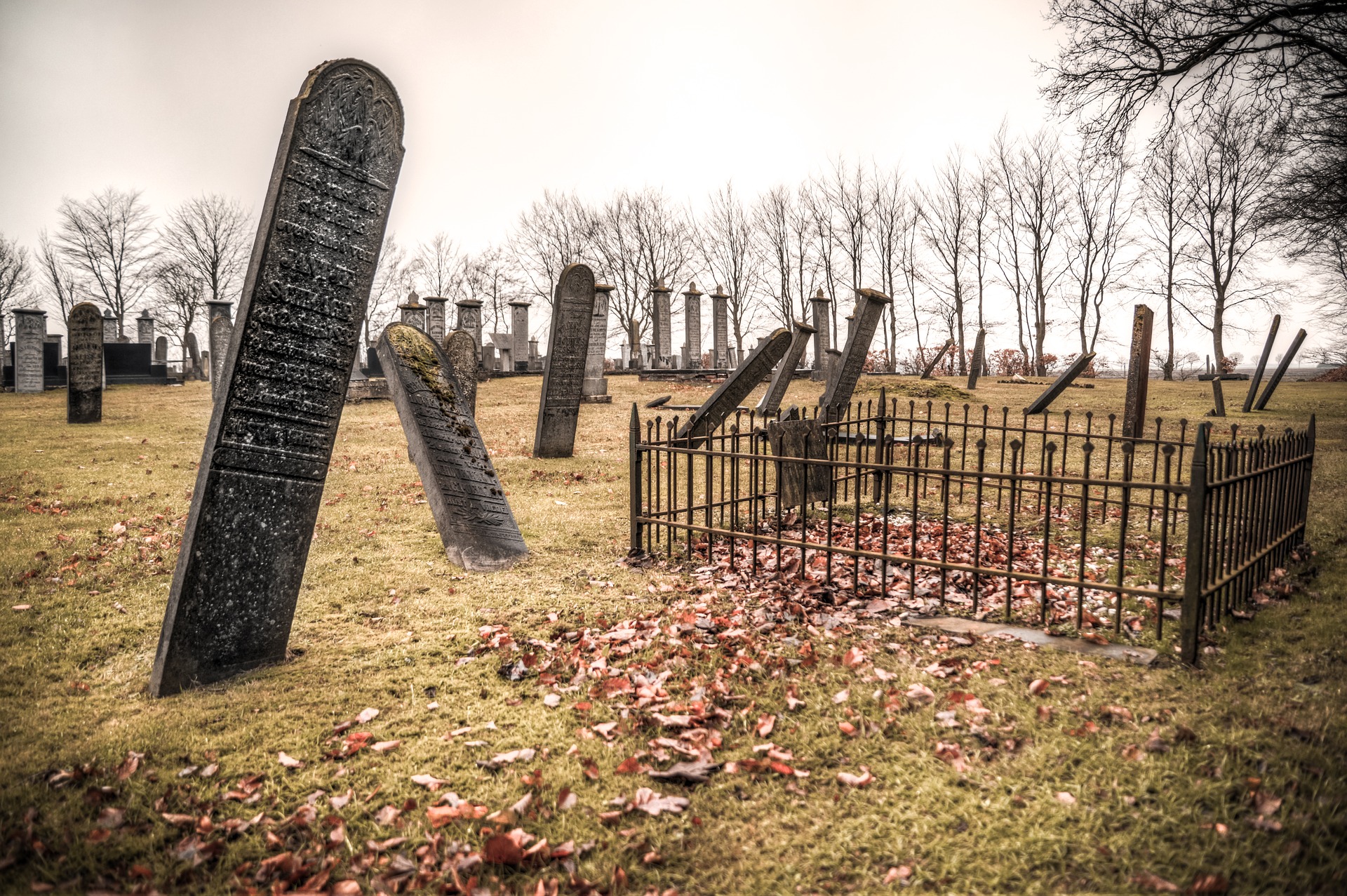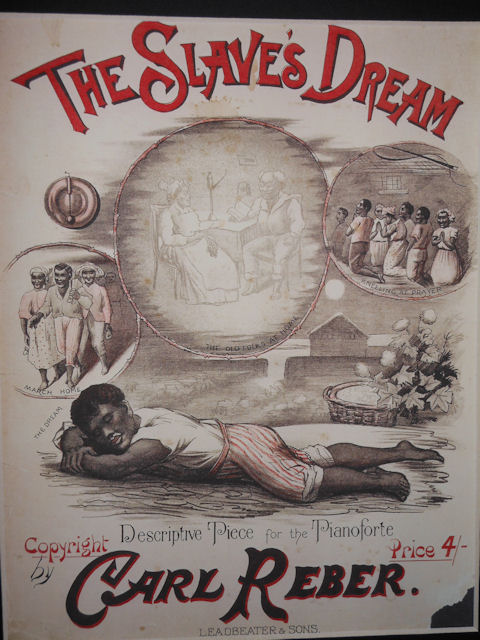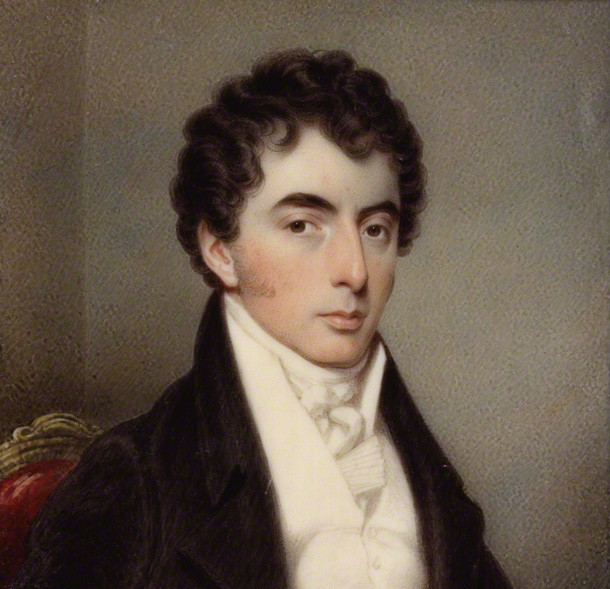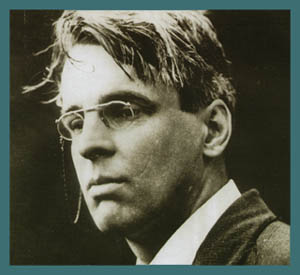Henry Longfellow is an American romantic poet who has written some brilliant imagery poems in his life. He sees par nature and the phenomena around him, and understands the truth behind it. His poem, “The Arrow and the Song”, is about his expression, or mesmerised views on the arrow shot from his bow and a song. In this analysis, I am going to look upon the meaning and critical analysis of this poem:
[highlight]A Message from Team Beamingnotes: [/highlight]We at Beamingnotes have recently launched a new site, an English literature portal [highlight]Myeduz.in[/highlight] specially to assist CBSE/ICSE and State Boards students with their English preparation. In the days to come, we’ll cover all the poems and prose from these boards(We have already covered quite a few by now). All we ask from you, is to register/signup at [highlight]Myeduz.in[/highlight] which is completely free… It includes the analysis of this current poem as well, click here 🙂
[highlight]Why should you Signup/Register, if there are notes available at Beamingnotes.com or any other website over internet?[/highlight]
1. All the notes will/are prepared keeping in mind CBSE/ICSE/ISC/State Boards and are more organised.
2. Each and every poem has multiple solved questions. You can save all the poems in your profile and have access to it later anytime.
3. Instructors will be there to guide you and clear your doubts ( We’re currently working to add this feature)
4. There will be discussion forums to interact with other students, and more of such features awaiting..
Your registration to the site is an indication that you’re interested to get benefited from these features. Also, it will motivate us to speed up the work and provide better notes.. So, do register at Myeduz.in and also like our [highlight]Facebook page[/highlight][divider]
I shot an arrow into the air,
It fell to earth, I knew not where;
For, so swiftly it flew, the sight
Could not follow it in its flight.
In these four lines, the poet is talking about the arrow which he shot from his arrow, and which swiftly flew in the air. He is not sure where it fell on the ground, as it was fast and swift, and he couldn’t follow its flight. Here the arrow is symbolic to something which could cause destruction, and would leave damage behind.
I breathed a song into the air,
It fell to earth, I knew not where;
For who has sight so keen and strong,
That it can follow the flight of song?
The poet is now speaking about a song that he sang in the open woods, and he didn’t know to which direction it had reached, as there is no one who is very strong and keen to follow how and the song travels and where it reaches. Here, the song is symbolic to something warm and friendly.
Long, long afterward, in an oak
I found the arrow, still unbroke;
And the song, from beginning to end,
I found again in the heart of a friend.
In these lines, the poet wants to say that as he walked in search of the arrow and the song, he found the arrow in a distance still un-destroyed lying on the ground. And so was the song, undisturbed from the beginning to the end in the heart of a dear friend.
There is another meaning to this poem, where the poet is talking about our actions and words, and how they leave an impact behind on people. The arrow here is symbolic to our harsh behaviour and words and the song is symbolic to our friendly and caring actions. Here the poet wants to say that like he shot the arrow in the air, he said something harsh and cruel to someone, and didn’t realise how and where it affected someone. He tried to see how the hatred tried to fly out of his sight, but he couldn’t trace or find it. He couldn’t even find if there is any kind of lasting damage that his words had done.
In the second stanza, the song is symbolic is to something which is carefree and quite benign. This could be formless and free, and very small, exactly opposite to the arrow. But in both the cases, the destination of the song and the arrow is unknown.
The poet remembers about his actions long afterwards this, as the time passes by, he finds that the cruel words that he had spoken to someone had left an impact and was still present, fresh and undisturbed. But the song that he had sung, or the friendly and kind things that he had done were found embraced in the heart of a dear friend, even after a long time had passed away.
The poet wants to say that our actions could make or break something in a person, and they are never forgotten. Words and actions let it be sweet or bitter, they always remain in with the person, and one can find them undestroyed again. Hence, a person should always be careful of what he speaks and does, as it could leave a life-long impact on the person, and he might not even realise the potential harm or good that he has done.
Some online learning platforms provide certifications, while others are designed to simply grow your skills in your personal and professional life. Including Masterclass and Coursera, here are our recommendations for the best online learning platforms you can sign up for today.
The 7 Best Online Learning Platforms of 2022
- Best Overall: Coursera
- Best for Niche Topics: Udemy
- Best for Creative Fields: Skillshare
- Best for Celebrity Lessons: MasterClass
- Best for STEM: EdX
- Best for Career Building: Udacity
- Best for Data Learning: Pluralsight

